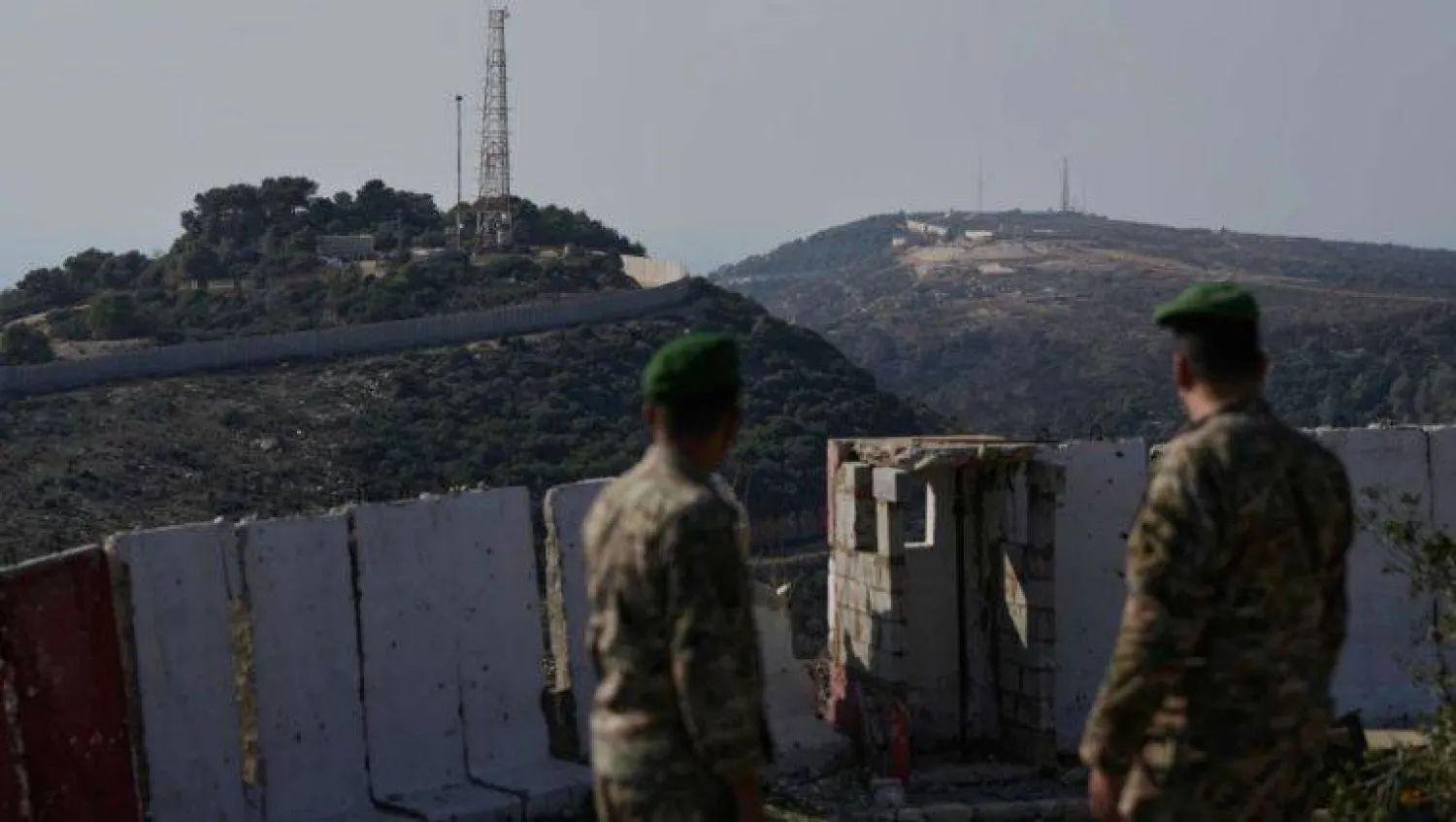The UN special envoy for Syria said on Sunday that it was “extremely critical” to end the fighting in Lebanon and Gaza to avoid the country being pulled into a regional war.
“We need now to make sure that we have immediately a ceasefire in Gaza, that we have a ceasefire in Lebanon, and that we avoid Syria being dragged even further into the conflict,” said Geir Pedersen ahead of a meeting with Syrian Foreign Minister Bassam Sabbagh in Damascus.
The Syrian Foreign Ministry has not released any details about the Pedersen-Sabbagh meeting. It only issued a brief statement in which it announced the meeting.
Local sources said Pedersen's second visit to Damascus this year is aimed at exploring the possibility of resuming the Constitutional Committee meetings aimed at resolving the Syrian crisis.
The meetings have been stalled since the eighth round on February 22, 2022, due to a dispute over the venue of the reconvening of the Constitutional Committee. Russia, which is not satisfied with Switzerland's joining Western sanctions against Moscow because of the Ukraine war, refuses to hold it in Geneva.
“Pedersen is holding talks with Syrian officials in Damascus, where he arrived last Wednesday, about the possibility of resuming the Constitutional Committee meetings,” reported Syria’s Al-Watan newspaper.
Earlier this month, Russian presidential envoy for Syria Alexander Lavrentyev told TASS: “As you know, only one venue - Geneva - is still unacceptable for the Russian side. As for all others, we are ready to work there.”
He added: “Probably, there is an open option with Baghdad, which, regrettably, was rejected by the Syrian opposition. It refused from this venue because Baghdad is supporting Damascus. They don’t think that Iraq is a neutral venue.”
The Russian diplomat stressed that the committee’s work should be resumed as soon as possible, but, in his words, it takes a lot of effort to find a venue that would be acceptable for both Damascus and the Syrian opposition.
Israel has been conducting airstrikes in Syria against government forces, Iranian troops and Hezbollah targets since the eruption of the crisis there in 2011. Strikes have increased following the Israeli war on Hezbollah in neighboring Lebanon.
On Sunday, the Syrian Observatory for Human Rights said the death toll of the Israeli airstrikes on Palmyra city on November 20 continues to increase with many people suffering from severe injuries.
The Syrian Observatory for Human Rights documented the death of three Syrians and two non-Syrian members of Iranian-backed militias, bringing the number of fatalities to 105.









